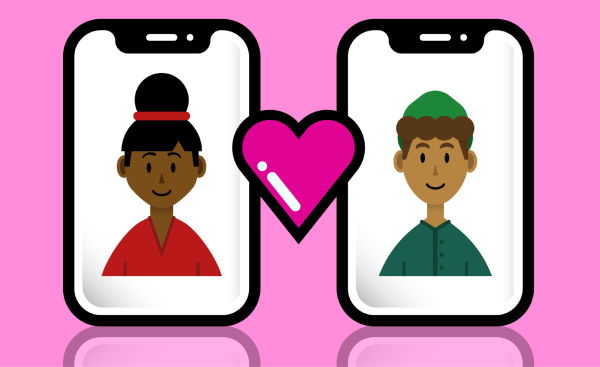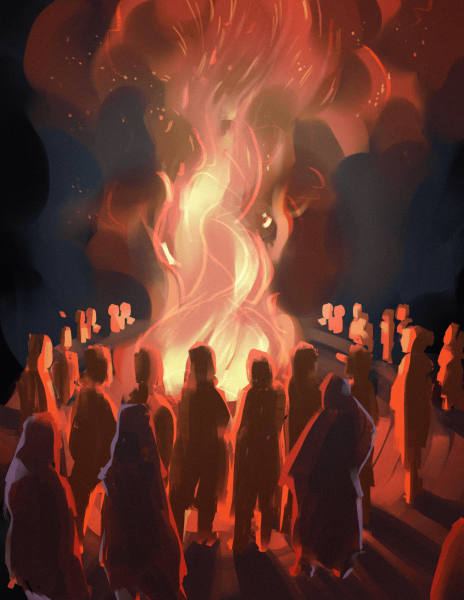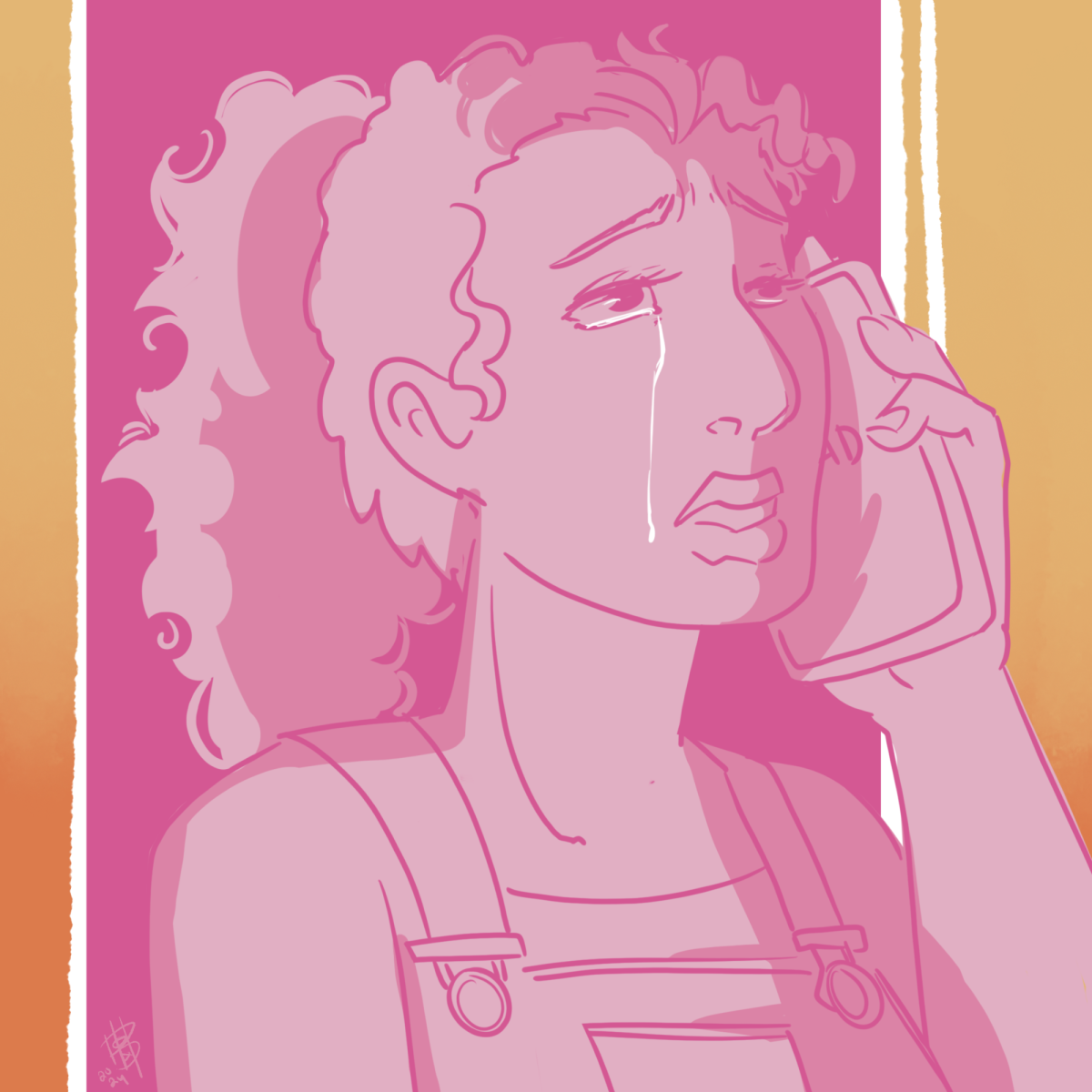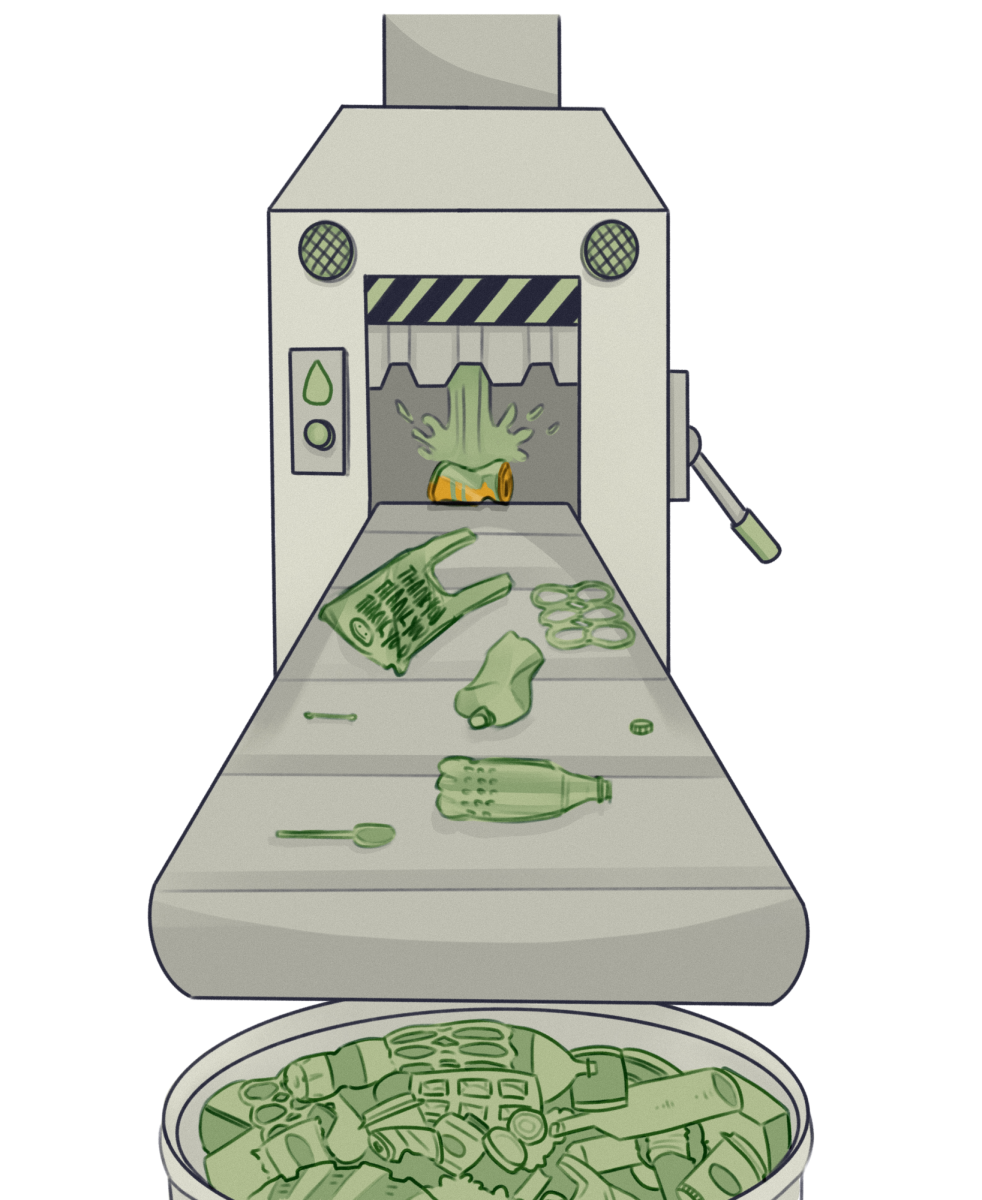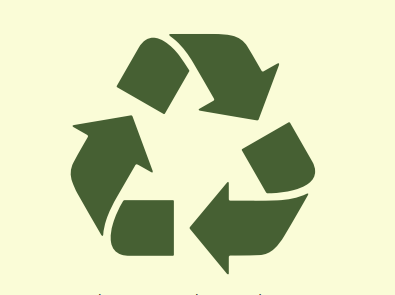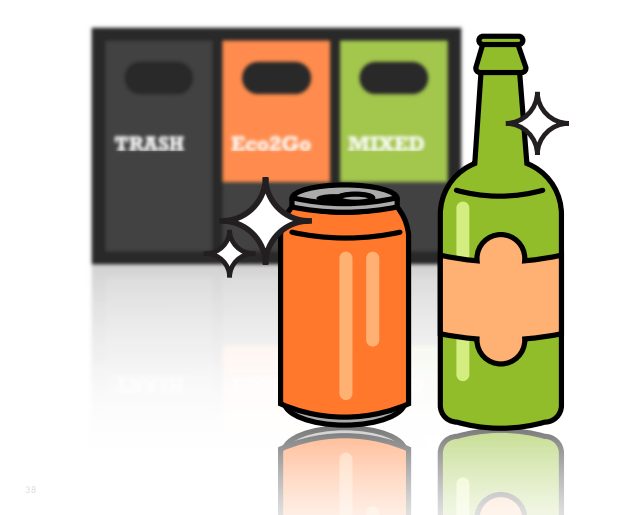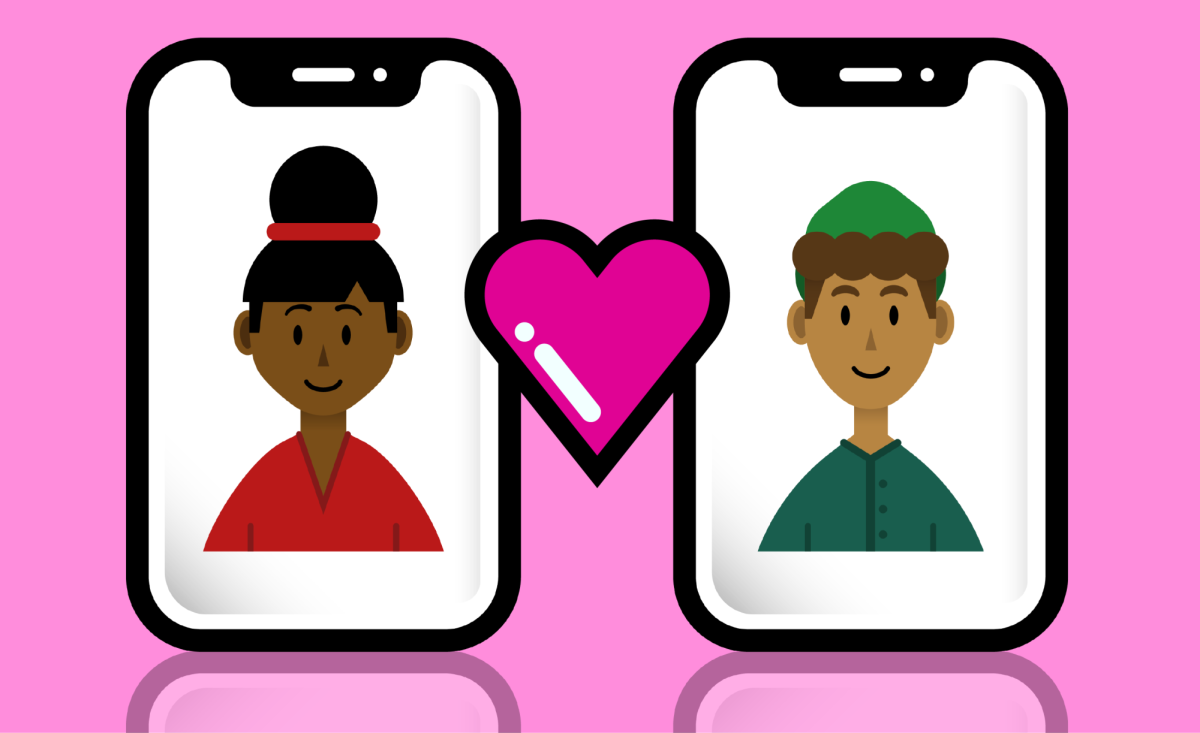Breaking up is hard, and in the words of Taylor Swift, “saying goodbye is death by a thousand cuts”.
We’ve all been there – navigating the confusing and often brutal impacts of a breakup on self-esteem, focus and even daily life can be difficult.
In the quest for healing, Corvallis-based Marriage and Family Therapist Cecilia Banuelas shed light on the initial step in the journey of breakup recovery, creating an outlet for yourself.
“Figuring out how to use your time better is a really core first [step] that happens,” Banuelas said. “Because usually, you’re spending time with that person, and you’re like ‘what do I do now?’ So really establish a new routine and start doing things that are good for you.”
Banuelas recommends investing time in activities you didn’t explore during your relationship to broaden your perspective and shift your focus away from the breakup.
“Distracting productively, setting a new routine, and figuring out how to use your time well is super, super important for people,” Banuelas said.
By focusing on how you spend your time, Banuelas advocates for a proactive approach to self-care and personal growth as a means of navigating the challenging aftermath of a breakup.
While engaging in “productive” distraction can serve as a healthy coping mechanism, maintaining balance is essential to avoid falling into unhealthy patterns.
Banuelas said that anything that’s considered an unhealthy coping mechanism is something that you use to avoid feeling.
“It’s okay to use avoidance sometimes, for example playing video games all day,” Banuelas said. “If you do it a little bit to distract, there’s nothing wrong with that. But when you use it as a crutch so you don’t have to feel and deal, that’s when it becomes hard.”
To prevent falling into the trap of unhealthy distractions, Banuelas suggests practicing self-awareness and keeping track of how you’re spending your time post-breakup. She also recommends scheduling activities throughout your week, even if you don’t feel up to it.
This proactive approach, as Banuelas notes, contributes to building a healthier post-breakup routine.
When students are navigating the challenging terrain of a breakup and seeking support, the choice of confidants becomes paramount. Banuelas emphasizes the importance of being selective about the individuals from whom you seek support.
“When people seek support, they really should just be connecting with those people who can just kinda hold space, let them have their own thoughts and feelings, and not have people telling them what they need to do,” Banuelas said.
Seeking out those who provide a non-judgmental ear is key. This approach promotes an environment where individuals feel heard and validated in their emotions, fostering a healthier path to recovery after a breakup.
“Seek support intentionally and be clear of the type of support that would be helpful,” Banuelas said. “Get support, but just use the people that you know can kind of hold space for you, who respect what you have to say, give you validation, and offer you advice when you ask for it, not freely.”
While having a supportive social network is helpful, there are instances when the emotional weight of a breakup may necessitate professional assistance.
Feelings of sadness, depression, and anxiety after a breakup are very normal. However, as Banuelas points out, there comes a point when the duration and intensity of these emotions raise concerns.
“I think if it’s getting to the point where (the sadness) is lasting for more than a couple of weeks, and it’s making them not want to engage in daily living as much as they want to – school becomes harder, doing things becomes more challenging,” Banuelas said. “It would be recommended that they go seek support from a therapist.”
Equally crucial in navigating the aftermath of a breakup, Banuelas strongly emphasizes the importance of facing your feelings rather than pushing them aside.
“Those feelings are not going to go away until you face them to free them and feel them to heal them,” Banuelas said.
In recognizing when professional help may be necessary, it becomes even more vital to confront and process these emotions for a comprehensive and lasting healing process.




